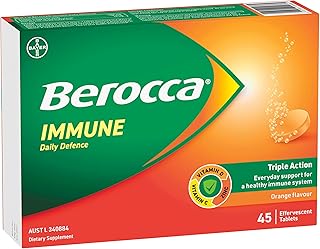New research from Australia indicates that administering vaccine boosters in the same arm as the initial vaccination may enhance the immune response. The study, conducted by scientists from the Garvan Institute of Medical Research and the Kirby Institute at UNSW Sydney, suggests that using the same site for follow-up vaccinations could expedite the body’s immune reaction.
The research, published in the journal Cell, delves into the response of macrophages when a vaccine booster is given, shedding light on how memory B cells interact in the lymph nodes near the injection site. By utilizing intravital imaging, researchers observed that macrophages in close proximity to the injection site play a pivotal role in facilitating a more efficient antibody production process following a booster shot.
Initial studies on mice paved the way for a subsequent trial involving 30 healthy human participants who received a second booster dose of the Pfizer vaccine. The results indicated that individuals who received both doses in the same arm exhibited a notably faster production of neutralizing antibodies.
Dr. Rama Dhenni, one of the study’s co-authors, emphasized the significance of the location where vaccines are administered, highlighting the role of macrophages in orchestrating an effective immune response. The study’s co-senior author, Dr. Mee Ling Munier, pointed out that antibodies generated from vaccinations in the same arm were more effective against COVID-19 variants like Delta and Omicron.
Although both groups eventually reached similar antibody levels after four weeks, the early protection provided by the same-arm strategy could be crucial during the initial stages of an outbreak. Dr. Munier stressed that achieving herd immunity faster, especially against rapidly mutating viruses, is vital, as the speed of response plays a critical role in curbing the spread of infectious diseases.
Furthermore, the research underscores the importance of refining vaccination strategies to enhance their effectiveness. The findings suggest that optimizing vaccine administration methods could contribute to more robust immune responses, particularly in the context of evolving viral threats.
Dr. Stanton Smith-Cazaly’s comment reflects the ongoing dialogue among healthcare professionals regarding the optimal approach to vaccine administration. As the scientific community continues to explore innovative vaccination techniques, insights from studies like this one offer valuable guidance for improving public health strategies.
📰 Related Articles
- Thin Endometrium Not a Barrier to IVF Success: Study Finds
- Study Reveals Online Misinformation’s Financial Motivations in Vaccine Discourse
- Study Finds Ultrasound Comparable to FNAC in Diagnosing Thyroid Nodules
- Study Finds Grip’s Limited Impact on Elbow Stability Under Stress
- Study Finds Equal Comfort in Thoracentesis Drainage Methods






